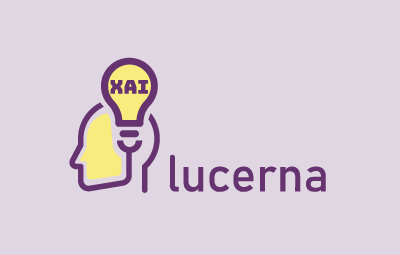AI and semantic data lakes in the Lucerne project
The LUCERNA project is an initiative driven by Luce Innovative Technologies and AIR Institute that aims to create a framework with interconnected modules capable of responding to massive data science problems regardless of the business model.
The innovative approach proposed by LUCERNA is to make the results obtained from data processing explainable and interpretable. This is because deep learning models, despite providing high accuracy and good results for massive datasets, are not, by nature, interpretable. To solve this, LUCERNA provides an interpretability module which uses techniques specific to the model so that the data can be understood. Similarly, it offers the automation of massive datasets from different sources.
LUCERNA is at the forefront of technological innovation, and one of the fundamental pillars in its structure is the data lake, a storage platform designed to house large volumes of data in its native format, regardless of whether it is structured or unstructured. Unlike traditional database management systems, which require data to be defined and conform to a specific structure, a data lake allows for the accumulation of unrestricted data, providing great flexibility in data analysis.

Semantic Data Lakes
In the context of the Lucerne project, the data lakes are not conventional data lakes, but rather semantic data lakes, which go one step further. A semantic data lake not only stores data, but also adds context and meaning to it. This is achieved through the use of ontologies and metadata that allow for a better understanding of the stored data. By endowing data with semantic meaning, we can derive more accurate and valuable information from it.
Data Lake and its importance in Big Data
In the Lucerne Project, Big Data is the backbone that underpins informed and strategic decision making. Data Lakes are central to this equation, as they enable the collection, storage and analysis of large-scale data. By leveraging a semantic data lake, the Lucerne Project can not only handle massive amounts of data, but also understand its meaning and context. This translates into more accurate decision-making and greater efficiency in the implementation of advanced technology solutions.
In short, a data lake is a critical tool in the Lucerne Project, as it is the heart of the data infrastructure that drives innovation and excellence in information management. Semantic data lakes add an additional layer of meaning to data, further enhancing its value. In the exciting world of Big Data, a data lake is the foundation on which a brighter, more technologically advanced future is built.